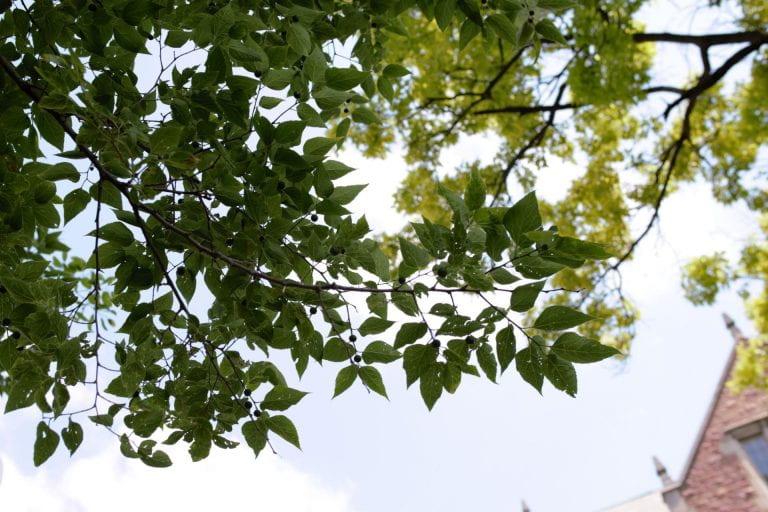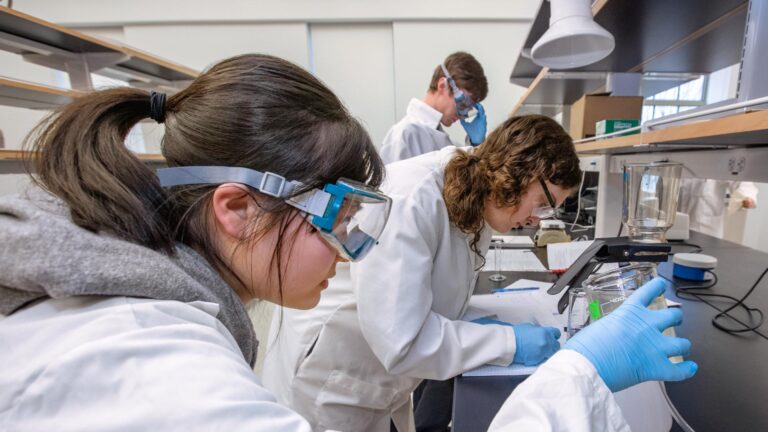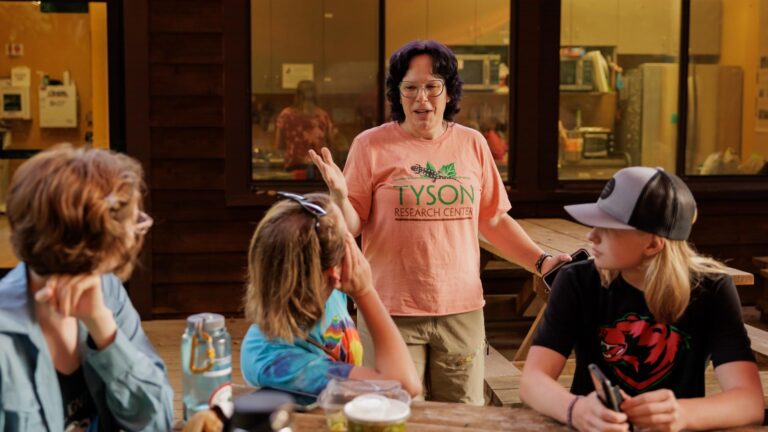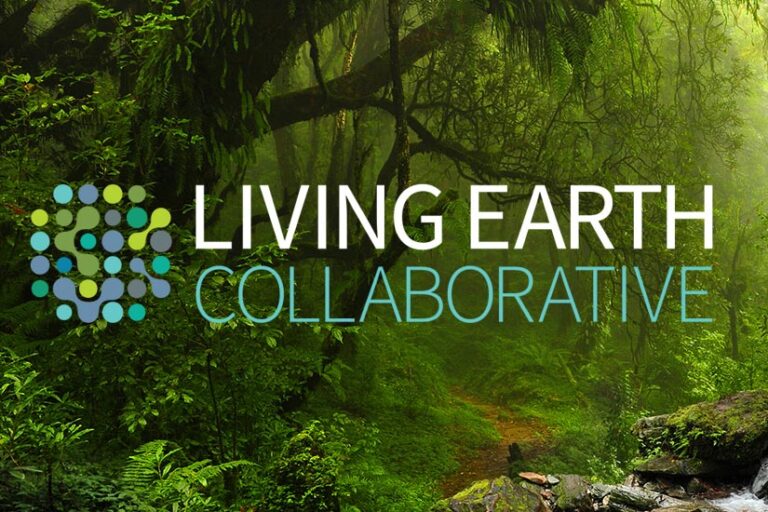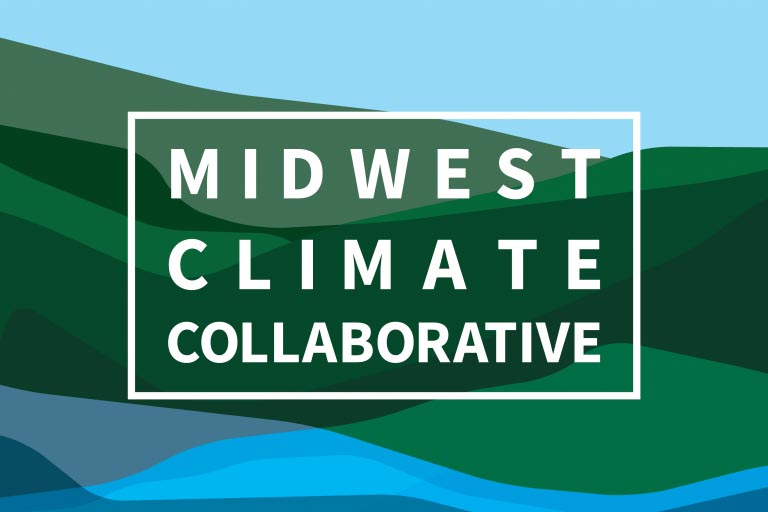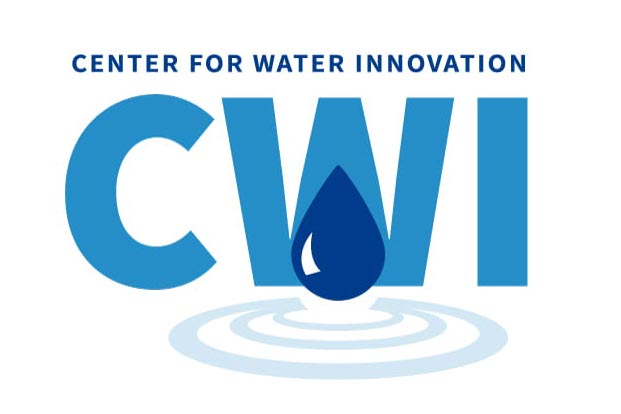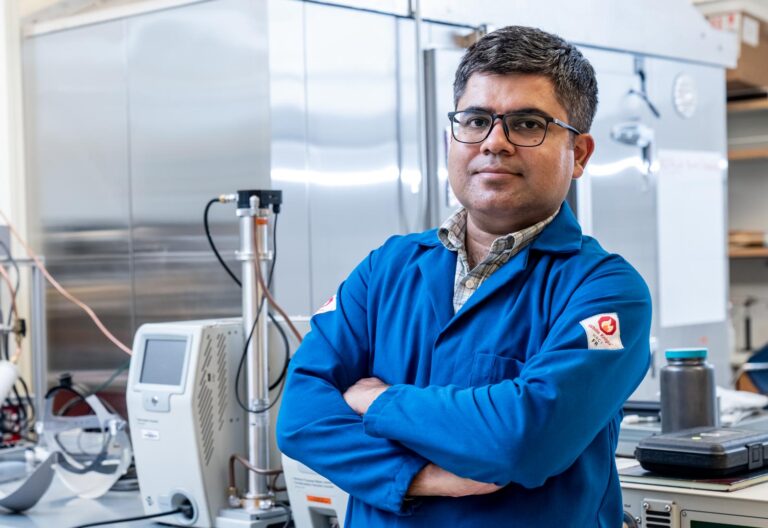Public Exchange
The Public Exchange transforms research into public good by partnering with WashU researchers, organizational leaders, and community members to address a question, challenge, or goal that helps people live better, safer lives. Together, we develop and design a project, find smart solutions, and put them into practice.
WashU Arboretum
The more than 300 species of trees on the Danforth Campus play a major role in the outdoor architecture as key elements of the campus landscape. The campus canopy is the result of careful planning for the continued success of the local plant community.
St. Louis Policy Initiative
The St. Louis Policy Initiative brings diverse theoretical and methodological perspectives to study policy in our region.
Research Facilities
WashU has a variety of research facilities across both of our campuses. Find out how they might support your work.
Tyson Research Center
Tyson Research Center is the environmental field station for Washington University located 20 miles from the Danforth Campus on 2,000 acres at the edge of the Ozark Highlands. Tyson provides opportunities for environmental research and education for students and faculty from Washington University and beyond. The center facilitates multi-scale research, teaching opportunities and collaboration.
Living Earth Collaborative
The Living Earth Collaborative is a center for biodiversity built from a partnership among three leading institutions in the study of plant and animal science — Washington University, the Missouri Botanical Garden and the Saint Louis Zoo. The collaborative is dedicated to advancing the knowledge of biodiversity and ensuring the future of earth’s species.
Midwest Climate Collaborative
The Midwest Climate Collaborative (MCC) is a cross-sector collaboration of organizations in 12 states to respond collectively to the climate crisis. Launched in 2022 at Washington University, the MCC works to accelerate climate action, knowledge generation and leader development to support its vision of a carbon neutral, climate resilient, interconnected Midwest region.
Center for Water Innovation
The Center for Water Innovation (CWI) provides a platform for industry-university dialogue and facilitates interactions among potential collaborators towards joint research efforts. CWI connects academic researchers and wastewater utilities to address their needs, providing regional research support to faculty research groups connecting utility personnel with researchers who can provide solutions to their technology needs.
Center for Aerosol Science & Engineering
The Center for Aerosol Science & Engineering (CASE) focuses on the advancement of knowledge through aerosol science and technology in the areas of energy, environment, materials and health. The center is a group of faculty, students and affiliates within the Department of Energy, Environmental & Chemical Engineering, as well as partners at universities and corporations.

